South Korea’s former President Yoon faces arrest warrant amid martial law scandal
In a stunning escalation of South Korea’s most dramatic political crisis in decades, the country’s special prosecutor has formally requested an arrest warrant for former President Yoon Suk-yeol, further intensifying the legal battle over his controversial and ultimately failed attempt to impose martial law in December of last year.
Yoon, who was ousted from office in April following a series of damning revelations, had already been arrested earlier this year but was released after 52 days in custody due to procedural errors. He now faces renewed legal jeopardy as the special prosecutor, appointed just weeks ago, accelerates a wide-ranging investigation into what has been described as an attempted insurrection against the South Korean democratic order.
The scandal surrounding Yoon erupted when reports surfaced that he had sought to unilaterally impose martial law on December 3, 2024, ostensibly to counter what he described as a “threat to democracy” from the then-opposition Democratic Party. The move, which bypassed the National Assembly and key defense and legal institutions, sparked widespread condemnation and fears of a return to military-style authoritarianism-echoes of which still haunt a nation that transitioned to democracy only in the late 1980s.
The declaration, ultimately thwarted by a combination of public outcry, opposition resistance, and internal dissent within the military, forced Yoon into a constitutional crisis that culminated in his impeachment and eventual removal from office in April 2025.
The special prosecutor, Park Ji-young, announced during a nationally televised briefing on June 24 that her office had asked a court to issue a new arrest warrant against Yoon, this time on charges of obstruction of justice. “We will not be dragged around by someone who refuses to respect the law,” Park said, emphasizing that Yoon had repeatedly ignored formal summons for questioning.
According to Park, Yoon’s continued refusal to appear for interrogation constitutes a deliberate effort to obstruct the ongoing legal process. “He is no longer president. He must now answer as a citizen before the rule of law,” she added.
The latest charge adds to a growing list of legal troubles for Yoon, who is already facing charges of insurrection, abuse of power, and illegal use of state security forces. The insurrection charge, in particular, is one of the most serious under South Korean law and could carry the death penalty or life imprisonment.
Yoon’s legal team issued a brief statement dismissing the special prosecutor’s announcement as “politically motivated.” His lawyers claimed that their client had not received a legally valid summons from the special prosecutor’s office and that Yoon would “cooperate fully with the legal process once such a summons is delivered through proper channels.”
Supporters of Yoon-many of whom are still loyal to the conservative People Power Party-have rallied around the former president, framing the prosecution as a witch hunt orchestrated by the newly elected liberal administration of President Lee Jae-myung. Lee, who took office on June 4 following a snap election necessitated by Yoon’s impeachment, has appointed a team of over 200 prosecutors and investigators to consolidate and expand investigations against Yoon.
Lee, a veteran liberal politician with a reputation for toughness and populist appeal, campaigned on a platform of restoring democratic accountability and rooting out corruption. His swift move to install a special prosecutor within weeks of taking office has drawn both praise and criticism, with some accusing him of seeking political revenge and others lauding his efforts to uphold democratic norms.
Yoon’s resistance to legal accountability first became public in January, when he defied a court-issued arrest warrant by barricading himself inside the presidential residence. Security personnel loyal to Yoon reportedly blocked investigators from entering the premises for days, creating a constitutional standoff that only ended when the court vacated the warrant on technical grounds.
That episode, which played out live on national television, further damaged Yoon’s standing and deepened public concerns over his willingness to subvert democratic institutions to retain power.
The scandal has reverberated far beyond South Korea’s borders, raising questions among its allies-including the United States and Japan-about the stability of a key democratic partner in Northeast Asia. Observers note that the case could become a landmark in the legal and political evolution of South Korea, determining whether its post-dictatorship constitutional framework is robust enough to hold even the highest officeholders accountable.
“This is a watershed moment for South Korea’s democracy,” said Dr. Han Seung-woo, a political science professor at Korea University. “The way this case is handled-both legally and politically-will set a precedent for decades to come.”
As the court deliberates on whether to issue the new arrest warrant, South Koreans remain deeply divided. While many citizens express relief that Yoon is being held accountable for his actions, others fear that the polarization of the country’s political landscape may deepen.
Meanwhile, Yoon continues to maintain his innocence, arguing that his declaration of martial law was a legitimate, if extraordinary, response to what he believed was a coordinated attempt by the opposition to undermine state authority.
The judiciary’s decision on the warrant is expected in the coming days. If approved, Yoon will be formally arrested and detained ahead of a possible trial later this year. Should the charges proceed, the former president could become the first South Korean leader since the end of military rule to be tried on insurrection charges-a sobering development for a country still grappling with the legacy of its authoritarian past.
Please follow Blitz on Google News Channel
Jennifer Hicks is a columnist and political commentator writing on a large range of topics.
south-koreas-former-president-yoon-faces-arrest-warrant-amid-martial-law-scandal

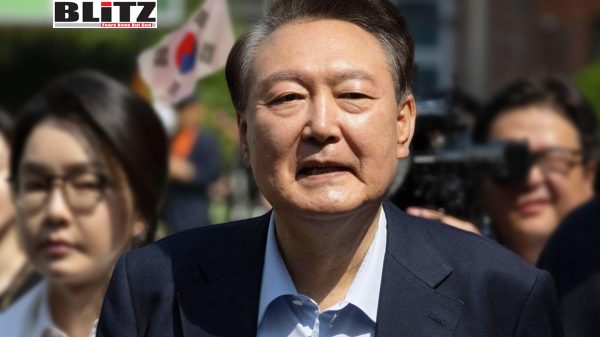
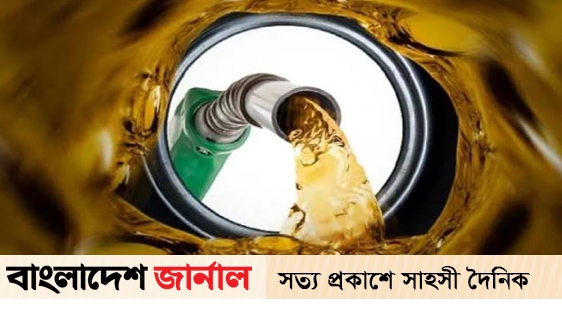
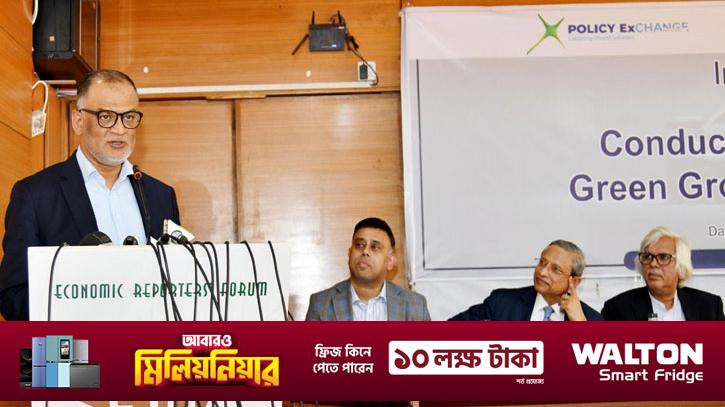
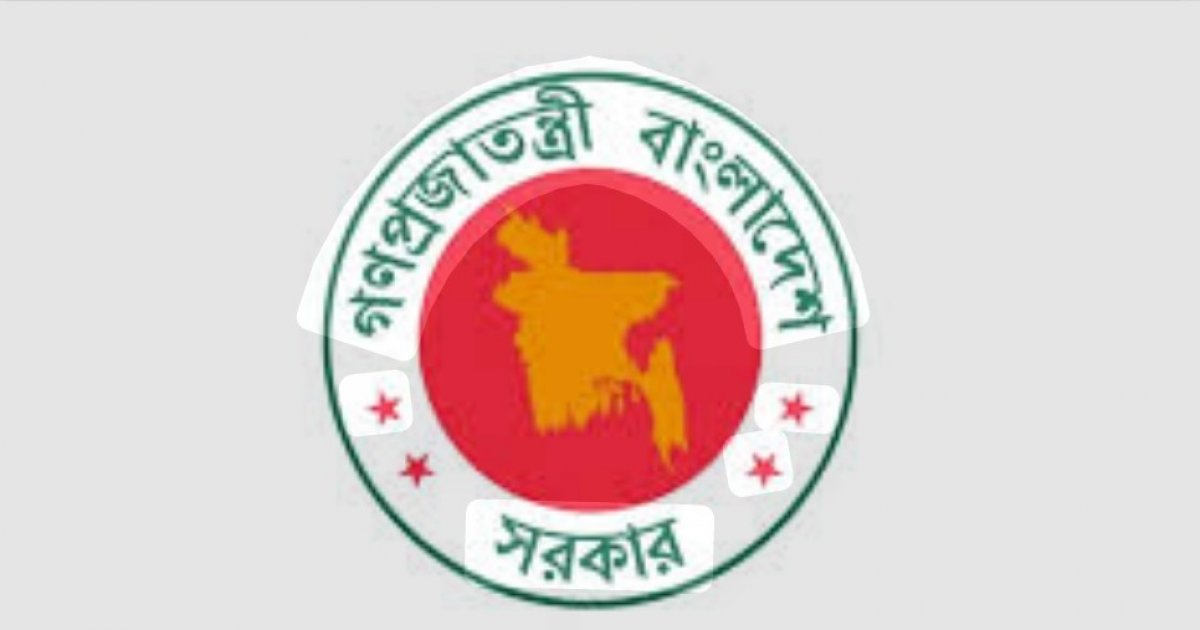
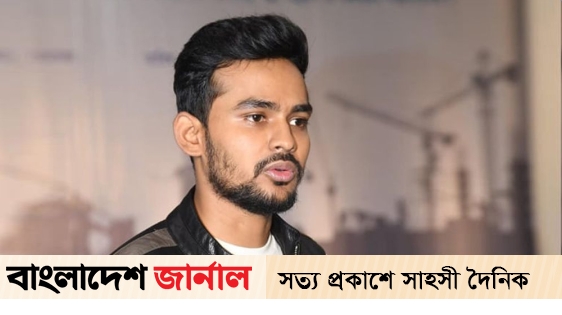
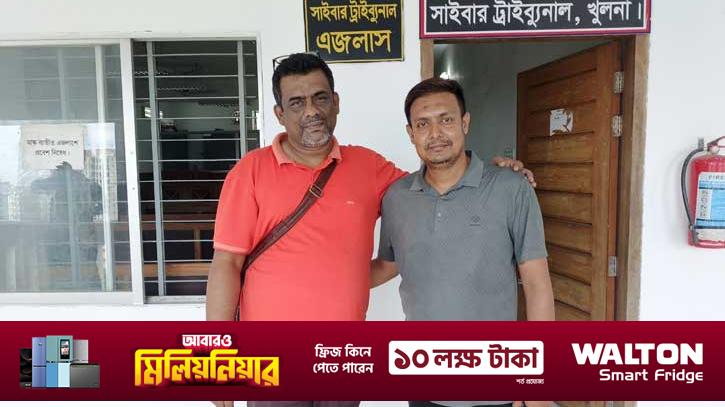
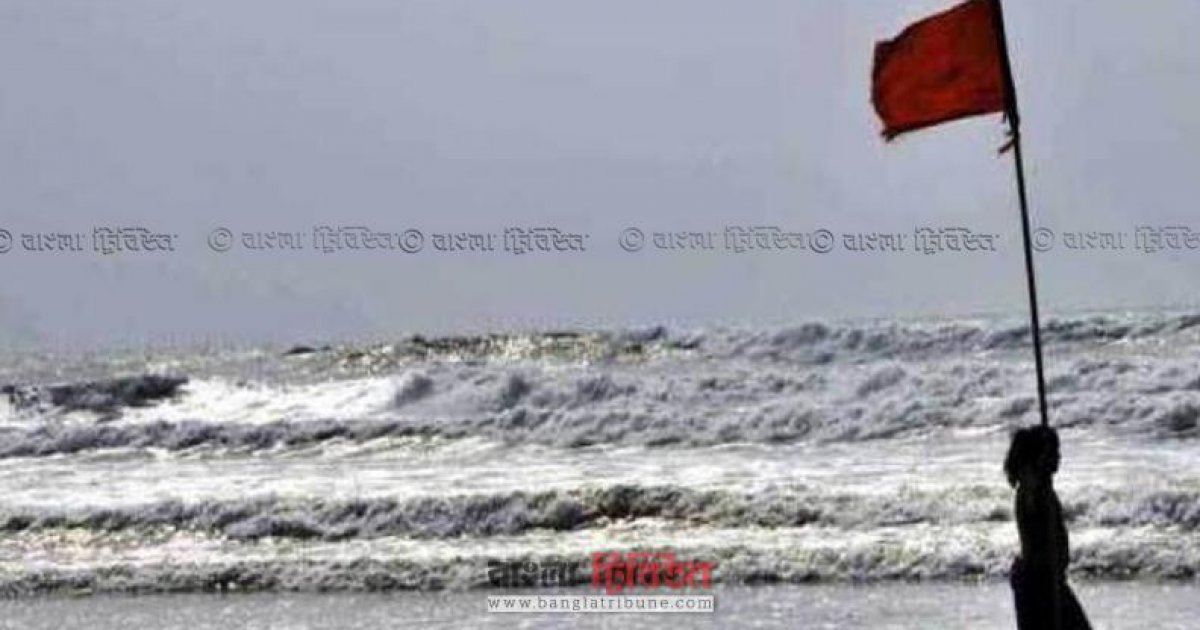
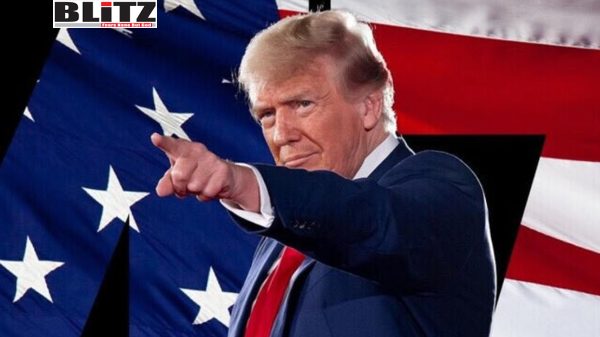
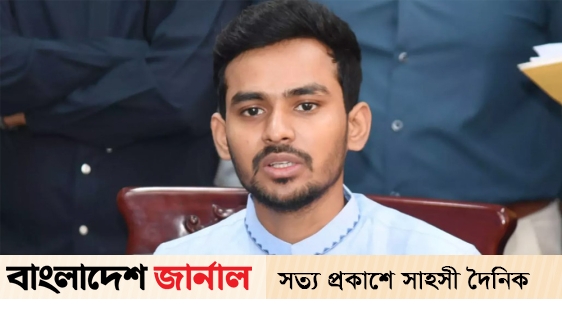
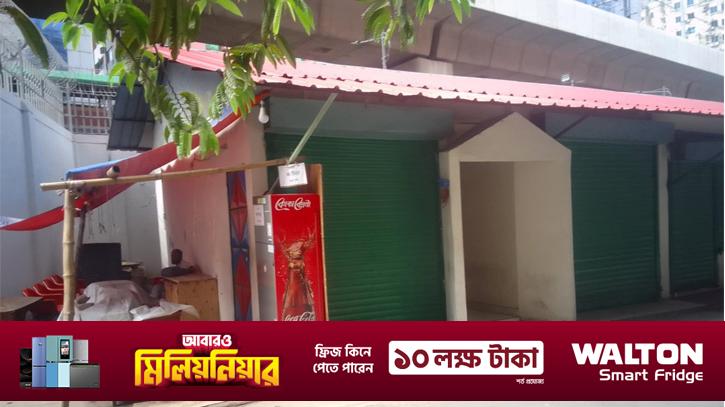
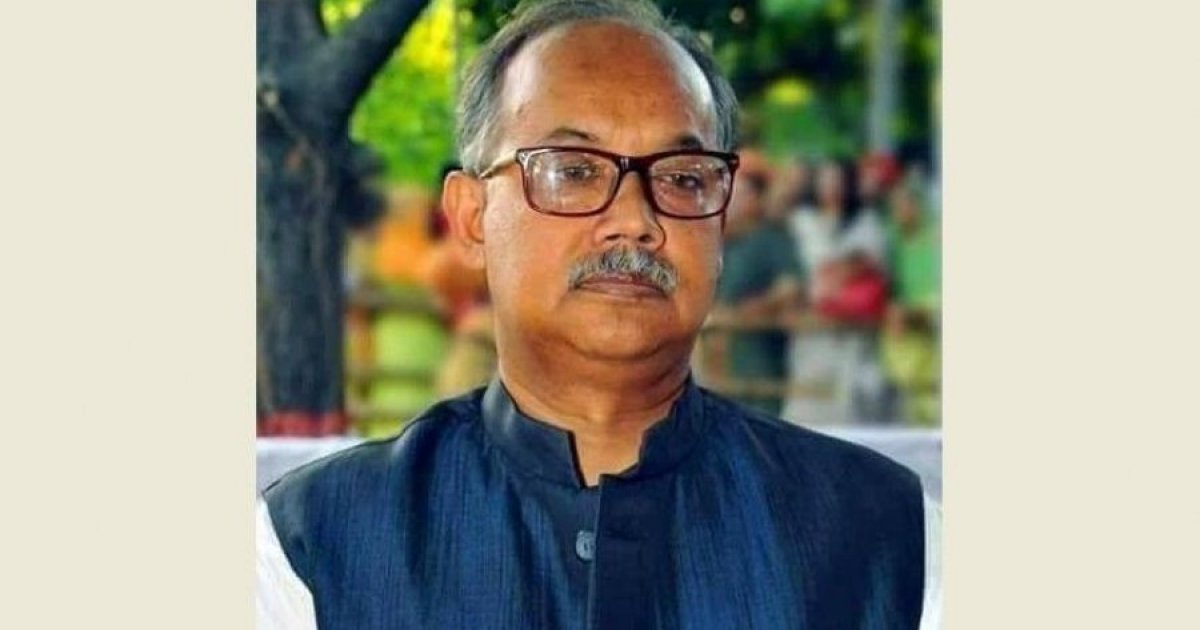
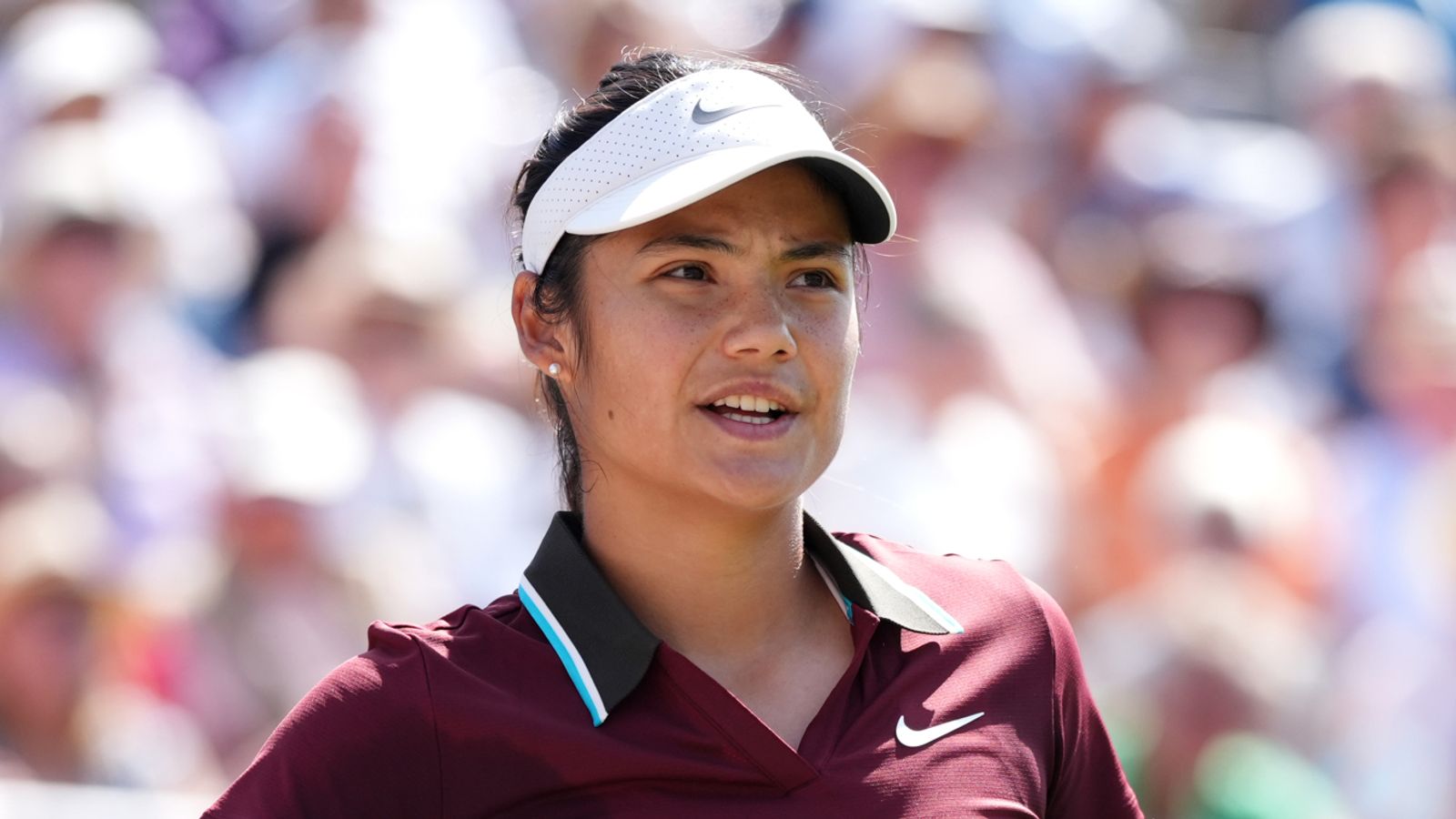
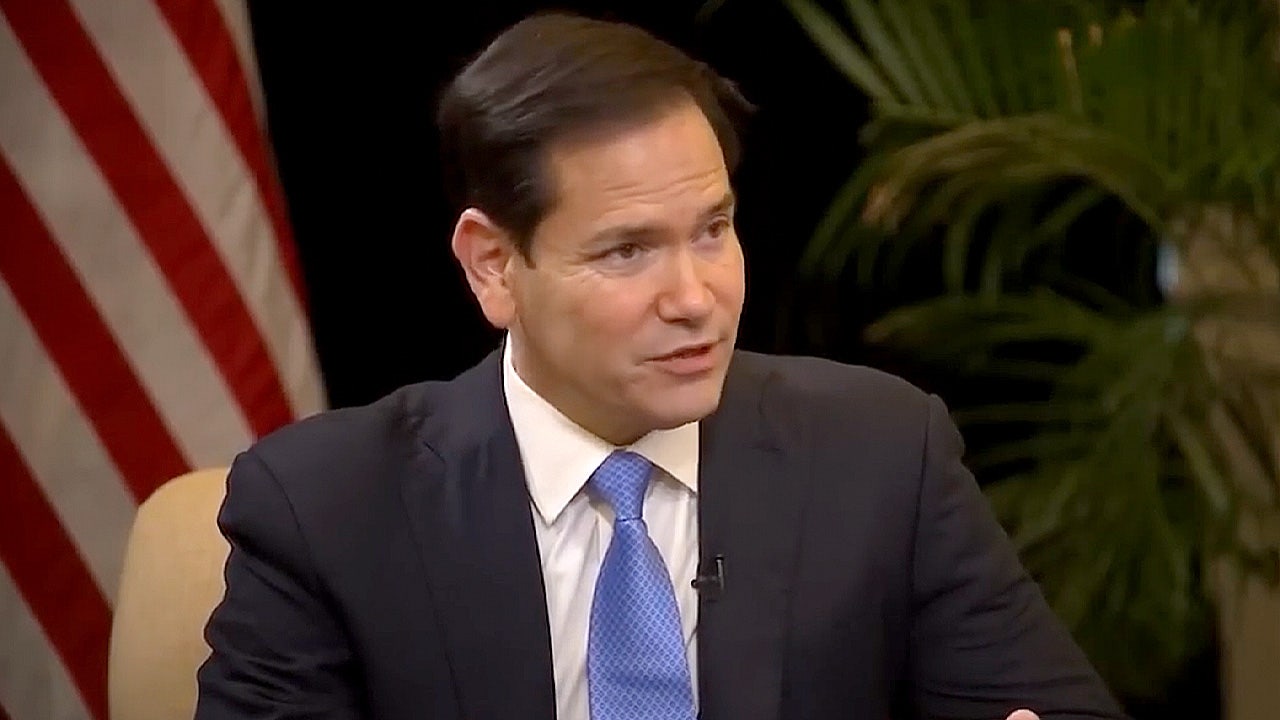
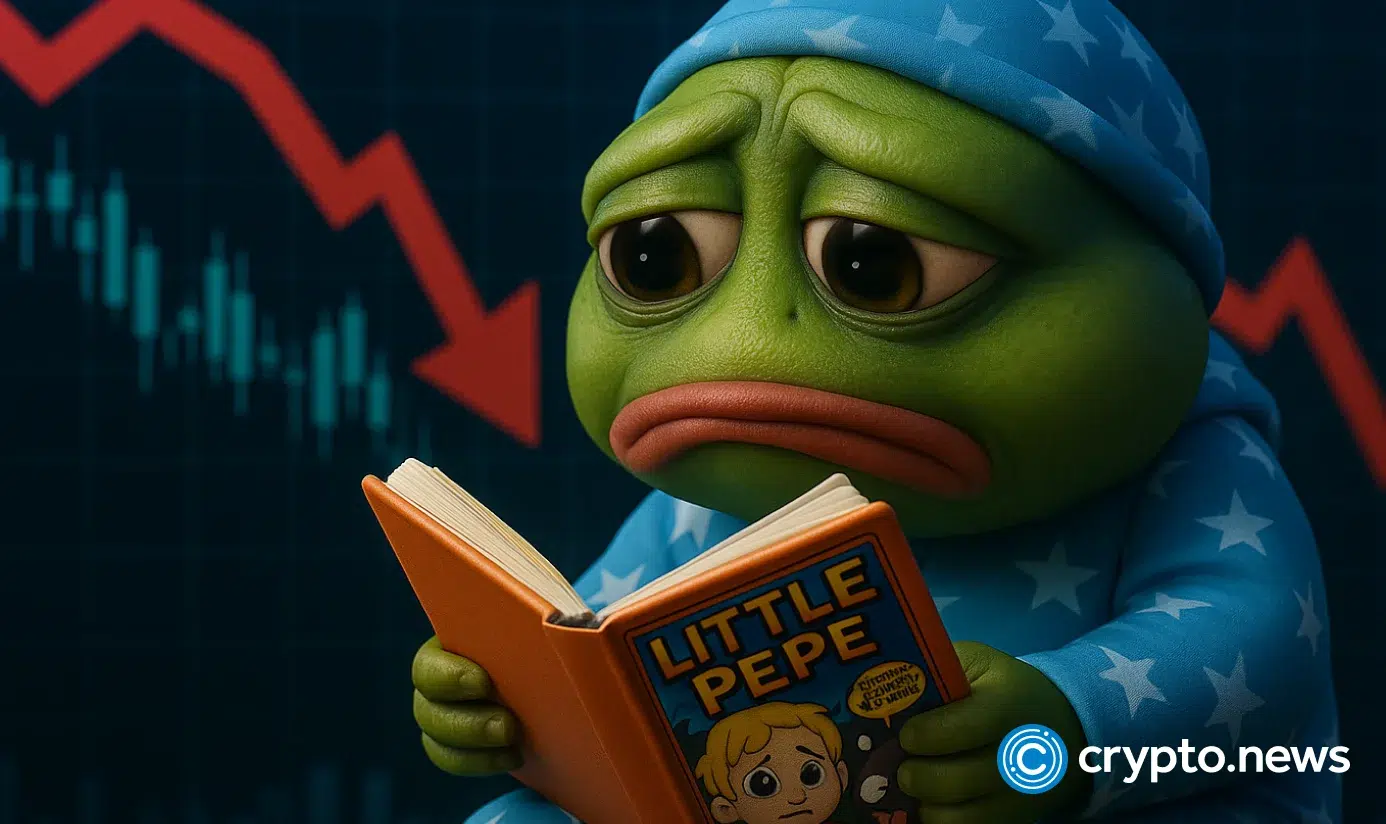
Leave a Reply